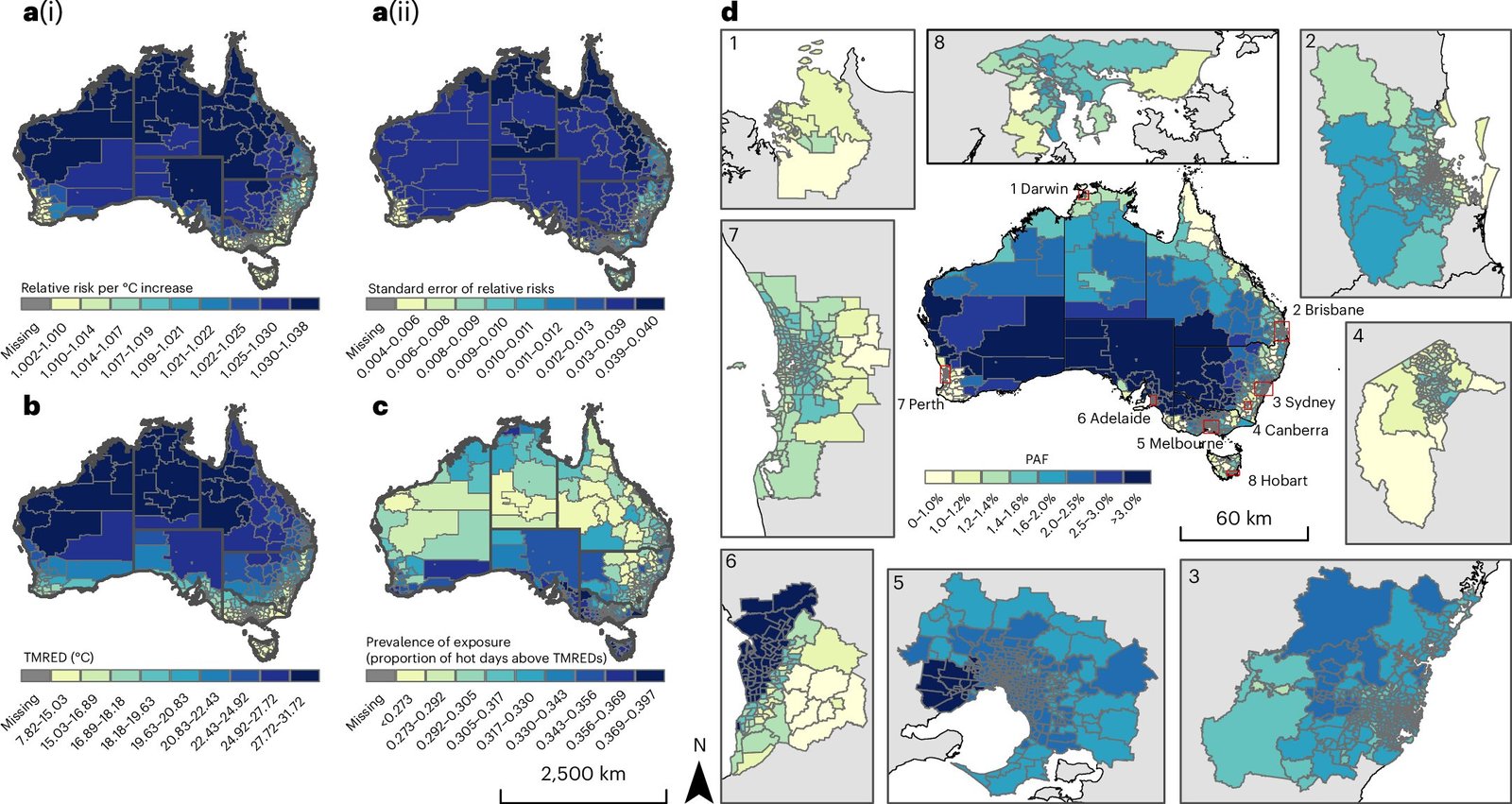A recent study published in the Journal of Clinical Medicine reveals that adults with Type 1 Diabetes (T1D) often exhibit symptoms of Attention-Deficit/Hyperactivity Disorder (ADHD), which correlate with poorer glycemic control and higher levels of depression. Researchers from SUNY Upstate Medical University conducted this study with the aim of exploring the relationships between ADHD symptoms, T1D, and cardiovascular conditions.
The study utilized the Adult Self-Report Scale (ASRS) V1.1 to assess ADHD symptoms among 2,069 adults diagnosed with T1D. Of those, 292 individuals (14.1%) responded to the survey, and 279 consented to have their medical records analyzed. The participating group had an average age of 47.4 years, with 64.2% identifying as women. The majority (95.7%) were non-Hispanic white, and the mean HbA1c level, an important marker for diabetes management, was recorded at 7.7%.
Among the 273 participants who completed the ASRS, 87 individuals (31.9%) met the ADHD criteria, while 42 (15.4%) had a prior ADHD diagnosis or were receiving medication for it. Notably, women exhibited higher ASRS scores compared to men. Although ADHD symptoms tended to decrease with age, they remained substantially higher than those found in the general population.
The findings indicated a direct relationship between ASRS scores and HbA1c levels, with a Spearman’s correlation coefficient of 0.28 (p < 0.0001). Participants who scored positively for ADHD symptoms showed significantly worse glycemic control, with 43.1% having an HbA1c level of 8.0% or higher, compared to 18.5% in the ASRS negative group. This association was quantified with an adjusted odds ratio of 2.3 (95% CI: 1.3–4.1, p < 0.0001).
Additionally, individuals with ADHD symptoms reported higher depression scores on the PHQ-9 assessment, averaging 10 (± 7.3) compared to 6.1 (± 6) in those without ADHD symptoms. However, the study did not find any significant links between ASRS scores and the presence of other cardiometabolic diseases or additional clinical measurements.
This research highlights the prevalence of undiagnosed ADHD symptoms in adults with T1D and their connection to worse health outcomes, including poor glycemic control and increased depression. The authors recommend further studies with larger sample sizes to better understand the prevalence of ADHD in this population and its broader health implications. The study underscores the importance of comprehensive mental health assessments for individuals with chronic conditions like diabetes.



